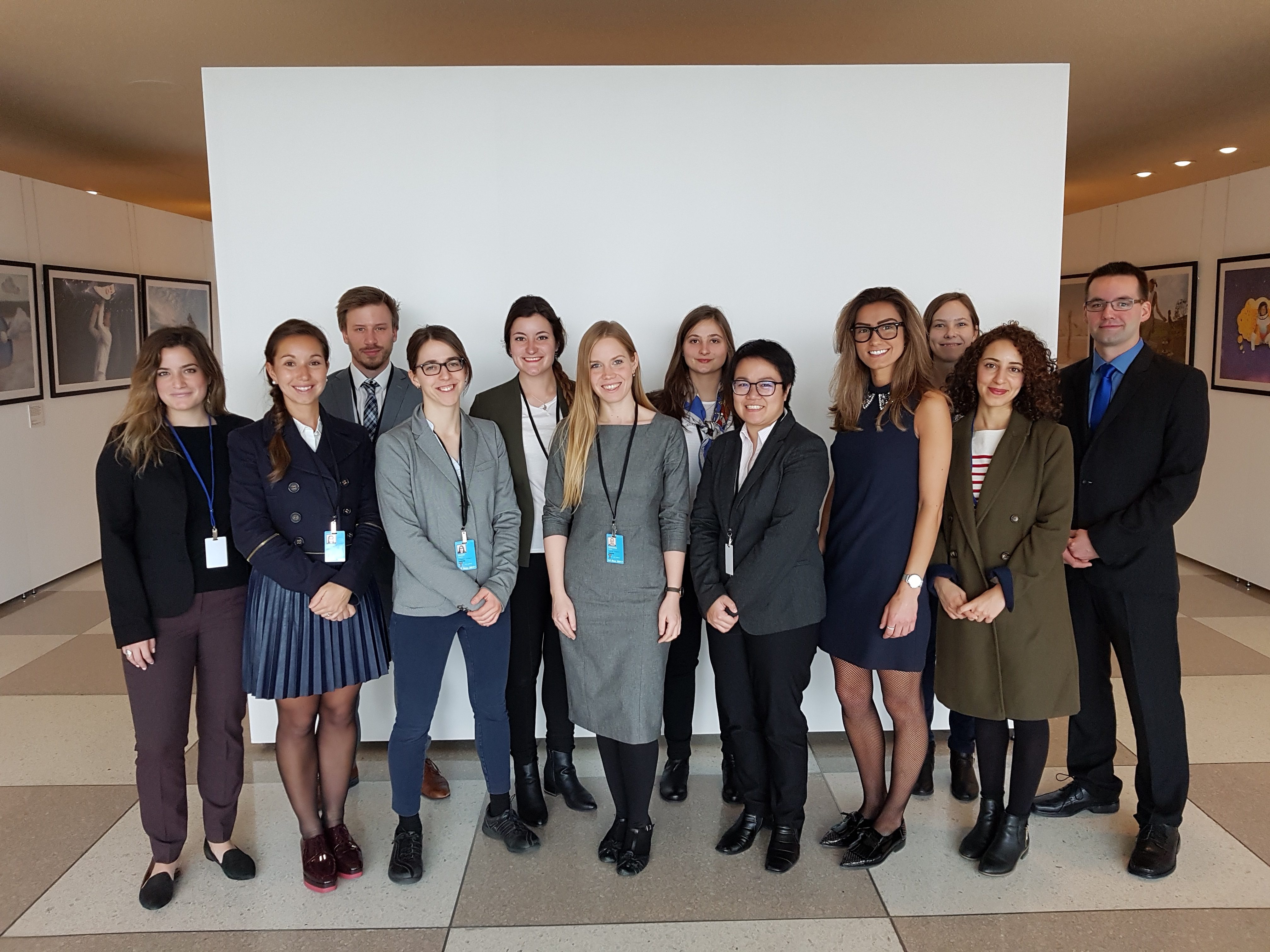
December 4, 2017 – For the second year in a row, the Canadian Partnership for International Justice is represented at the 16th Assembly of States Parties (ASP) to the International Criminal Court (ICC) by a delegation of practitioners, academics and students from various NGOs and academic institutions presented below.
Their attendance to the event of the year on international justice hosted by the UN on 4 to 14 December 2017 will allow them to contribute towards enhancing criminal remedies for victims of international crimes and finding solutions to outstanding issues that hamper the project envisioned in the Rome Statute.
This event is also an amazing opportunity for the Canadian Partnership to train a cohort of students who are educated, engaged and networked in international and transnational law. Through blogging and live twitting, our delegates will train and educate diverse Canadian audiences about the challenges, pitfalls and potential of the system of international justice, and about the priorities to improve the system. Thanks to their experience and knowledge, the delegations will contribute to enhancing Canada’s role as a global leader in the fight against impunity.
Follow the Partnership’s Twitter account and watch for our delegates’ posts on our partners’ platforms (IntLawGrrls, Quid Justitiae, Justice in Conflict, Blogue d’Avocats sans frontières Canada, PKI Global Justice Journal) to learn more about this year’s specific issues and to get news and updates.
Who is attending the ASP this year?
Academics
Practitioners
Students
Jenny Poon
Jenny Poon is a third-year Ph.D. candidate at the Faculty of Law of the University of Western Ontario. Her research examines the norm of non-refoulement in international and European law and will involve a comparative analysis of the norm in United Kingdom and Germany.
Leah Gardner
Leah Gardner earned a law degree in both Common Law and Civil Law from McGill University in 2016. As part of her studies, she also completed the Intensive Semester in Aboriginal Lands, Resources and Governments at Osgoode Hall Law School. Before studying law, she worked as the Public Education Coordinator at a social justice non-profit in Montreal. At the Canadian Centre for International Justice, she led programs on topics like the Canadian extractive industry, international trade, and economic, social and cultural rights. As a human rights accompanier in Colombia, Leah worked with communities impacted by transnational mining. She later returned to Colombia, and also Panama, to complete two legal internships focused on mining law and corporate accountability. She currently sits on the board of the Justice and Corporate Accountability Project (JCAP) legal clinic. Leah holds a B.A. in International Development Studies from McGill University, and has experience working in both immigration and indigenous law in Canada.
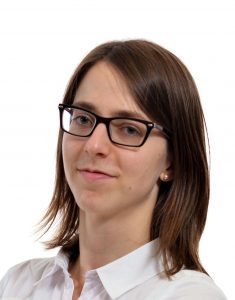
Sophie Gagné
Having graduated in 2016 from an Integrated Bachelor in Public Affairs and International Relations (hon.) at Université Laval, Sophie is currently an L.L.M. and L.L.B. candidate, at Université Laval. Her L.L.M. research project, which she is completing under the supervision of Prof. Fannie Lafontaine and Julia Grignon, is about qualification of the end of armed conflicts by international criminal judges. She is part of the Canada Research Chair on International Criminal Justice and Human Rights, as well as of the Interdisciplinary Centre on Africa and Middle East. Since 2015, she has been working closely with the Clinique de droit international pénal et humanitaire, as well as with the Canadian Partnership for International Justice since its creation in 2016.
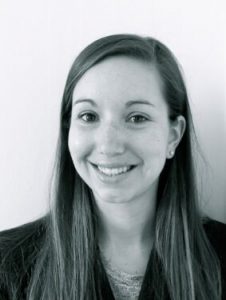 Geneviève Geneau
Geneviève Geneau
Geneviève Geneau is currently a Ph.D. student at Ottawa University under the supervision of Professor Muriel Paradelle. Her research focuses on criminalization in international criminal law of sexual violence committed against women in the framework of genocide. She is a research assistant at Université Laval’s Chaire de recherche en droit sur la diversité et la sécurité alimentaires and is a lecturer at Ottawa University.
 Silviana Iulia Cocan
Silviana Iulia Cocan
Silviana Cocan is a Ph.D student in international law at Laval University under joint supervision at Bordeaux University, in France. She is currently writing a thesis on the dialogue between jurisdictions and quasi-jurisdictions protecting human rights. More specifically, she is studying judicial dialogue in direct relation with the prohibition of torture and other cruel, inhuman or degrading treatment and punishment. Her research fields are public international law, human rights law, international humanitarian law and international criminal law. Silviana is also participating as a student at Université Laval’s International Criminal and Humanitarian Law Clinic.
 Catherine Savard
Catherine Savard
Catherine Savard is currently completing her bachelor in Law at Université Laval. She is also the assistant coordinator for the Canadian Partnership for International Justice. During her degree, she completed a year of schooling at Åbo Akademi University’s Institute for Human Rights, in Finland. Back at Université Laval, she involved in the International Criminal and Humanitarian Law Clinic and realized research mandates, including for the Special Tribunal for Lebanon.
 Nicole Tuczynski
Nicole Tuczynski
Nicole Tuczynski is a current LL.M (Common Law) student at the University of Ottawa. She also enjoys working in the field of politics on Parliament Hill for a M.P, a position that she has held for the past two years. Her research interests and passion revolve around both International Criminal Law and Canadian Health Law and Policy. Her specific research focus is currently on the International Criminal Court and one of the specific aims of the institution – that being an end to impunity for perpetrators who have committed genocide, war crimes and crimes against humanity. Nicole holds a M.A. in Political Science, with a Collaboration in Transitional Justice and Post-Conflict Reconstruction, and a B.A. Honours Specialization Degree in Political Science, both from Western University. Her previous Master’s Major Research Paper also focused on international justice by way of studying the International Criminal Tribunal for the Former Yugoslavia and assessing its mandate.
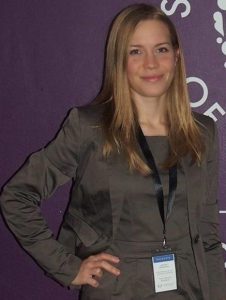 Annika Weikinnis
Annika Weikinnis
Annika Weikinnis is currently enrolled in the Graduate Studies in Law program at the University of Ottawa and conducts research in the field of international criminal law, in particular the involvement of transnational corporations in international crimes. She holds a Master’s degree in Politics and International Relations from the University of Aberdeen and a Master’s degree in Law and Politics of International Security from the Vrije Universiteit Amsterdam. Attending the ASP16 is an invaluable experience for her, academically and professionally, and she hopes to gain further insights in the organisation, processes and issues concerning the ICC.
 Isabelle Jacovella Rémillard
Isabelle Jacovella Rémillard
Isabelle oversees the Community Engagement with International Justice project at the Canadian Centre for International Justice (CCIJ), a project which uses multimedia to highlight CCIJ’s clients’ various access to justice efforts. She is also responsible for coordinating CCIJ’s digital outreach and organising legal education workshops with affected communities. She earned her Bachelor’s degree in Conflict Studies and Human Rights at the University of Ottawa and her double degree in civil law and common law at McGill University. She also holds a professional certificate in Disaster and Humanitarian Response from the McGill Humanitarian Studies Initiative. Isabelle’s research interests include issues of sexual violence in times of war, and the scope of protection of child soldiers under IHL.
 Maxime Mariage
Maxime Mariage
Maxime is currently completing a specialized post-graduate diploma at Université Laval and earned a master in international relations and international journalism. He studied in Beijing and interned in international organizations, notably at the Global Centre for the Responsibility to Protect and at Crisis Action in New York. He also worked for Le Soleil newspaper in Dakar, Senegal. He is specializing in international law and cultural rights and possesses a huge experience in legal translation.

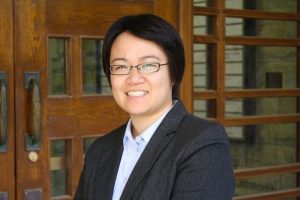
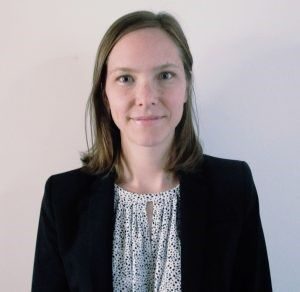

2 Comments